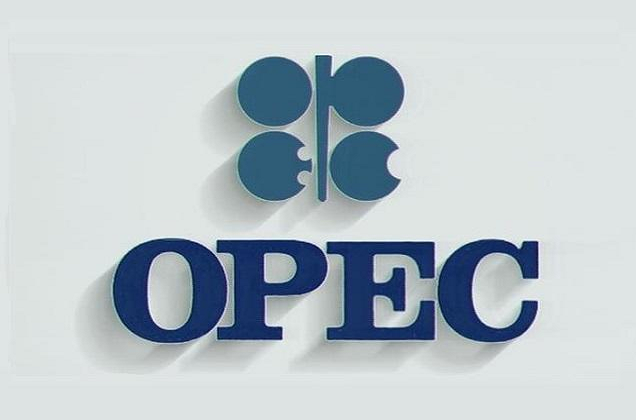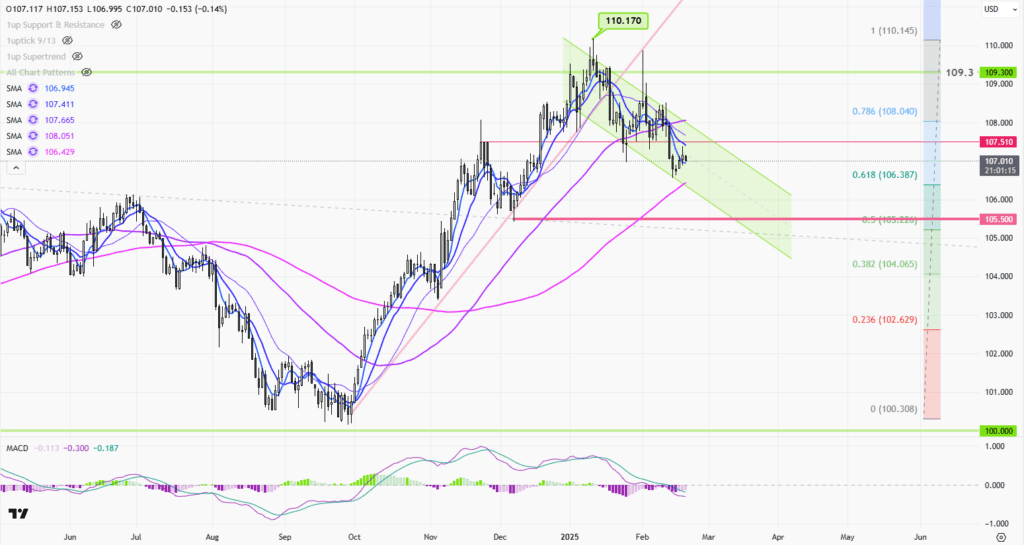 |
| Gold V.1.3.1 signal Telegram Channel (English) |

OPEC Warns Global Oil Demand Could Surpass 120 Million Barrels by 2050, Underscoring Risk of Price Shocks from Underinvestment
2025-06-11 @ 11:39
**Oil Demand Still Rising: OPEC Warns Underinvestment Could Fuel Market Volatility**
At the Global Energy Show in Calgary on June 11, OPEC Secretary-General Haitham Al Ghais shared his outlook on the future of the oil market, delivering a clear message: oil demand is far from peaking and will continue to rise steadily for decades to come.
Al Ghais pointed to global population growth and economic development as key drivers. By 2050, global energy demand is expected to climb by 24%, with daily oil consumption potentially surpassing 120 million barrels. Much of this demand is coming from non-OECD countries, driven by robust industrial activity, construction, agriculture, and transportation needs.
To meet this growing demand, Al Ghais emphasized the need for a massive $17.4 trillion in capital investment in oil and gas over the next 25 years. Without sufficient investment, he warned, energy supply could become unstable, increasing price volatility and threatening economic resilience.
Supporting this outlook, OPEC’s latest monthly report projects an annual increase of 1.3 million barrels per day in oil demand for both 2025 and 2026. Much of the growth is expected to come from developing countries, particularly in sectors like aviation and ground transport. By 2025, global daily oil demand is projected to reach 105 million barrels.
While many governments pursue aggressive net-zero targets, Al Ghais cautioned against overly idealistic policies. He noted that some strategies prioritize timelines and numerical goals over the practical challenges of energy transition. He called for a more pragmatic and flexible approach — one that incorporates technologies like carbon capture and storage (CCS) rather than outright rejecting fossil fuels.
Even as the International Energy Agency recently revised its outlook on electric vehicles’ impact on oil demand, OPEC remains confident that oil will maintain its central role in the global energy mix for decades. While EV adoption is growing, Al Ghais said the transition will take time and will require significant infrastructure and policy support before it can meaningfully displace traditional energy sources.
Al Ghais also praised Canada’s energy progress, especially the increase in oil and gas output. He acknowledged the Trans Mountain pipeline expansion as a key capacity boost and voiced support for Alberta’s goal to double its oil and gas production by 2050.
The key takeaway from OPEC: sustained investment in oil is critical. Governments and businesses must strike a balance between adopting new technologies and maintaining energy security. As the global energy landscape evolves, oil will remain a cornerstone — both economically and strategically — in shaping the future.





